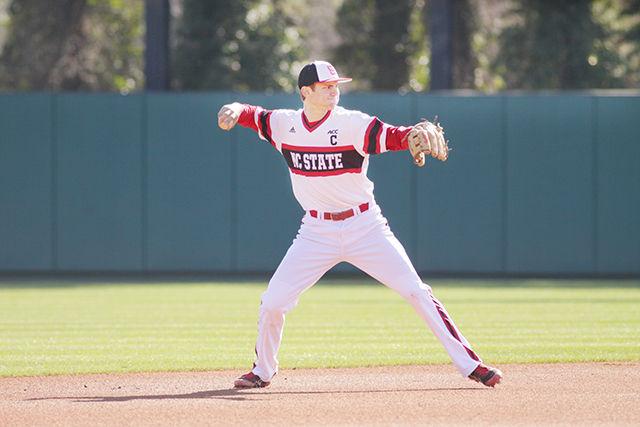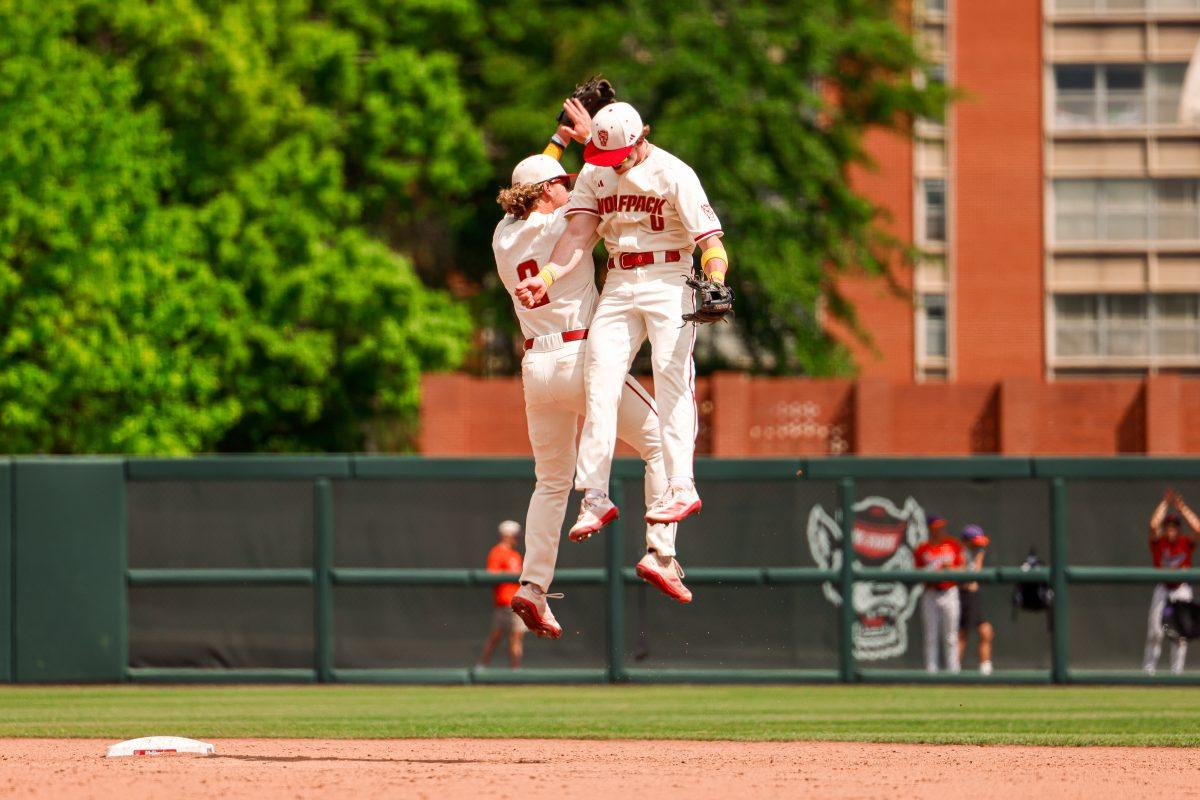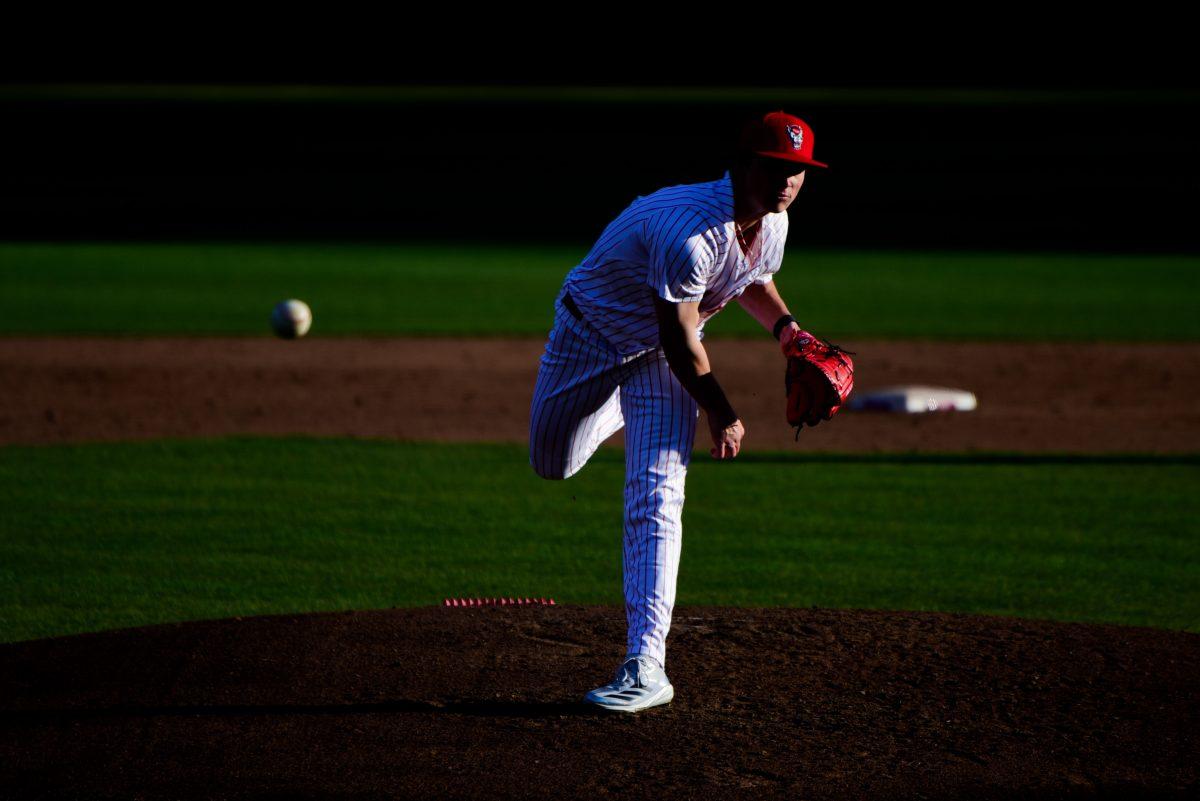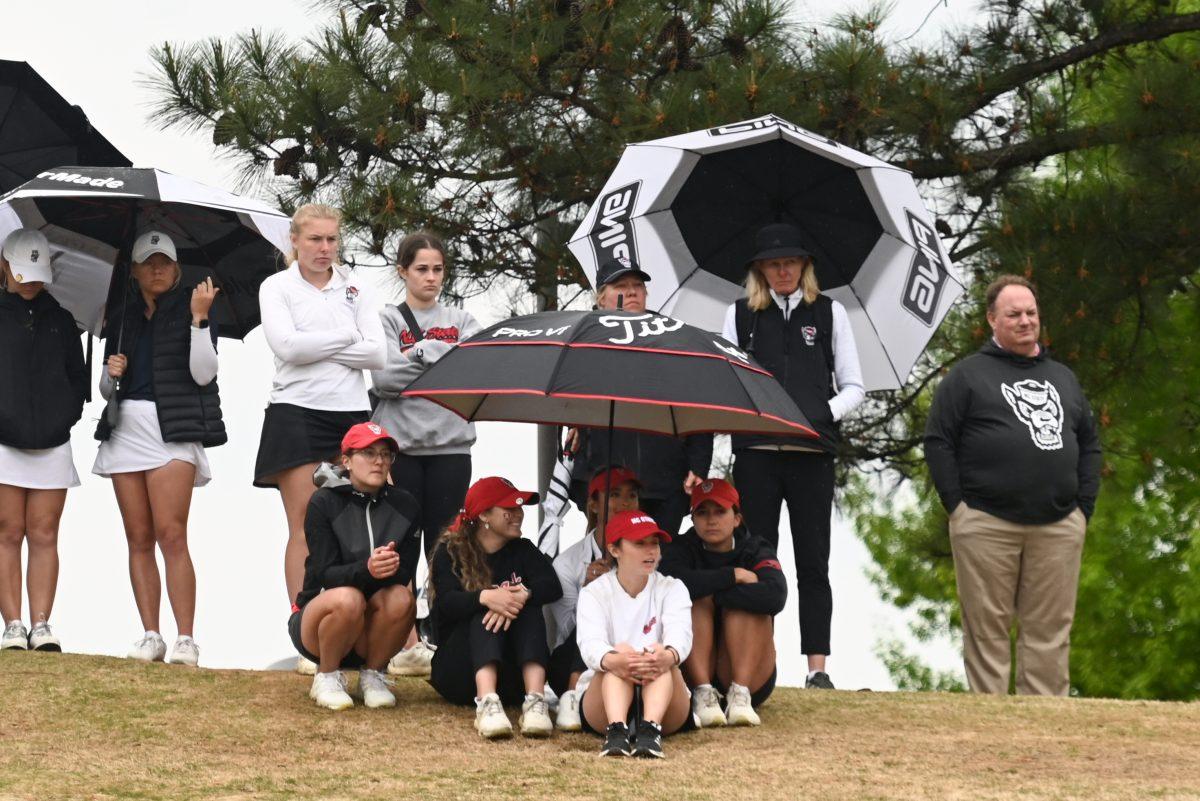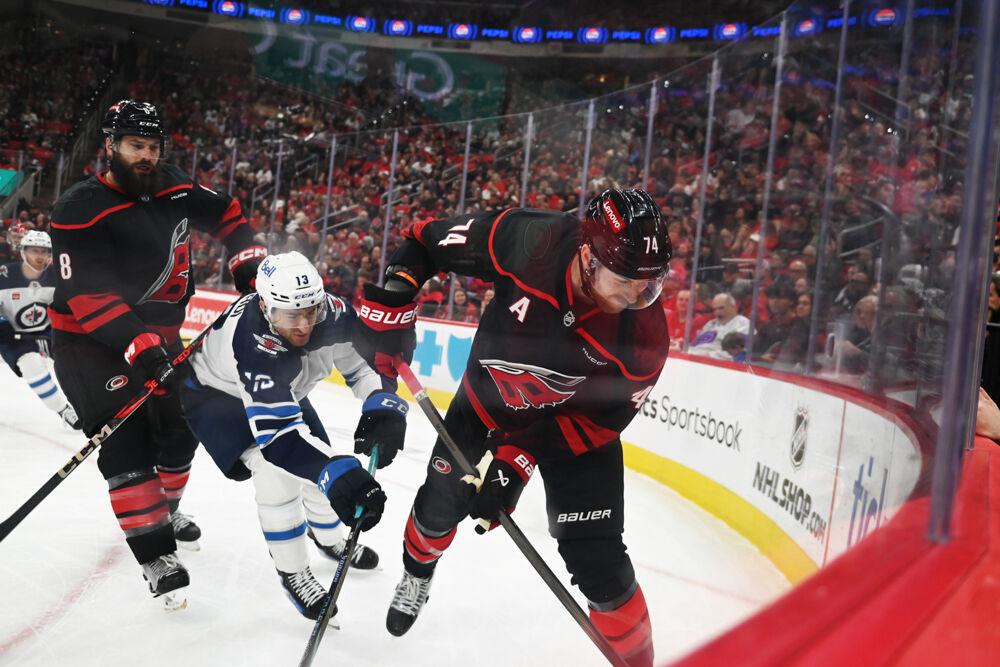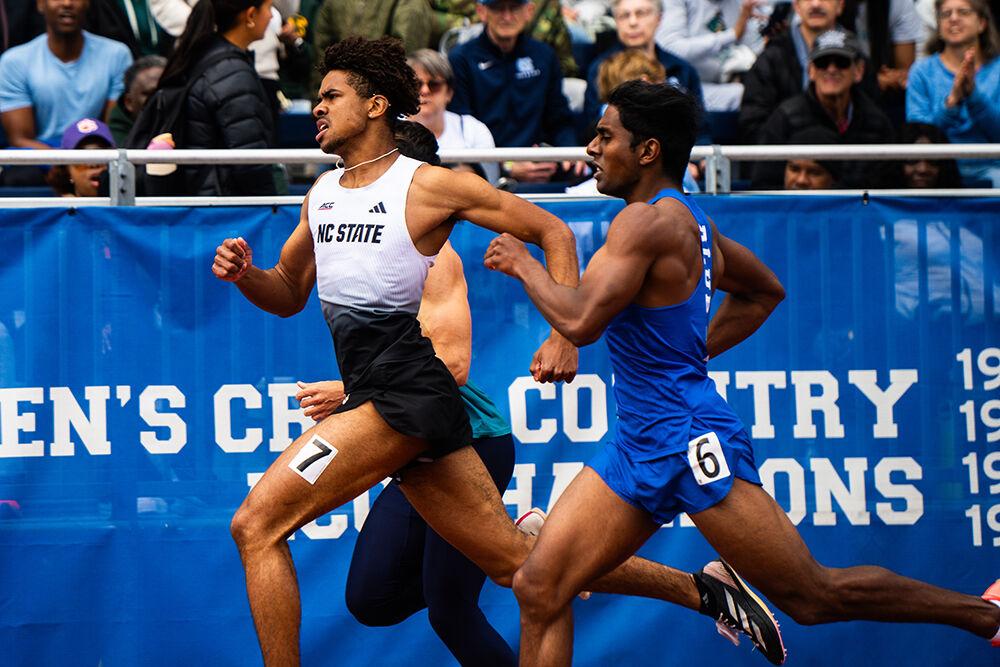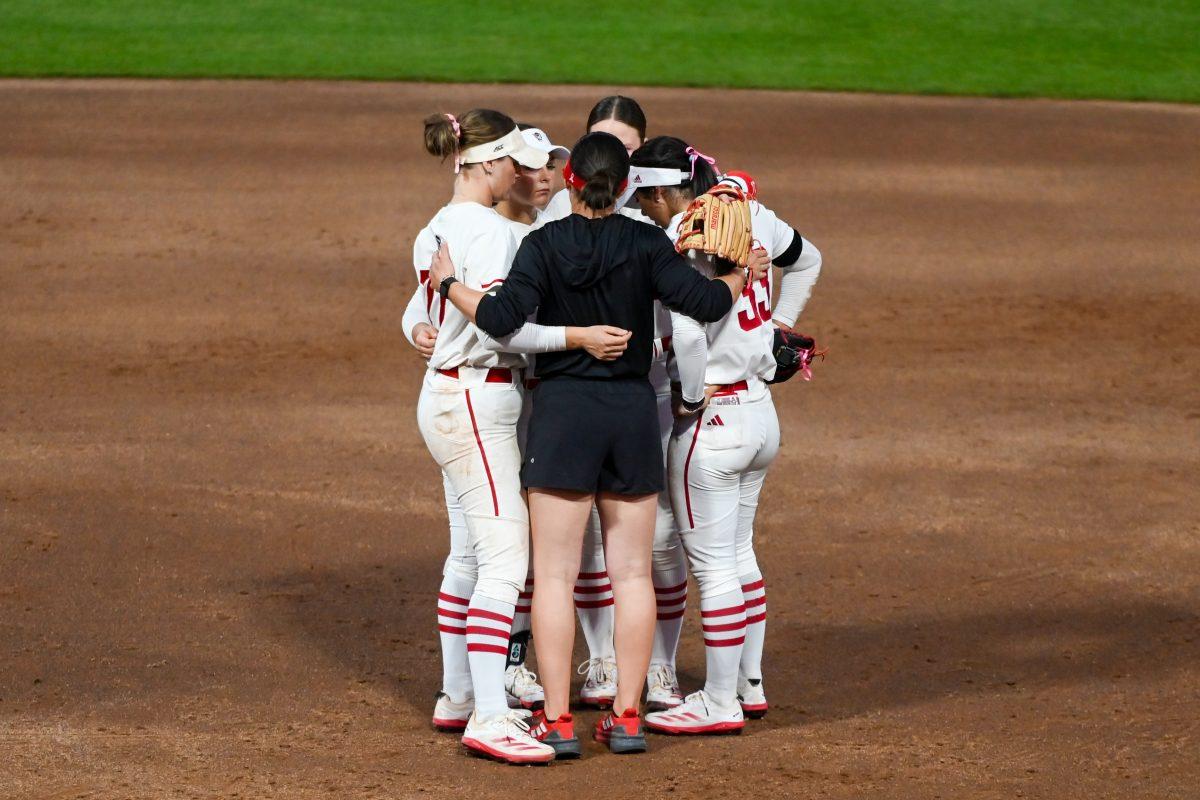More than two weeks after calling up former NC State baseball standout Trea Turner, the Washington Nationals continue to puzzle fans by giving limited playing time to its top position player prospect.
In 10 major-league games, Turner has 10 at bats and has only started one game, leaving fans and Washington media alike imploring Nationals manager Matt Williams to give the talented Turner more consistent playing time.
A quick Twitter search of “Trea Turner” reveals all sorts of hot takes, most suggesting the 22-year-old shortstop needs to see greater playing time.
Turner is one of baseball’s most promising young talents — MLB.com’s 11th ranked prospect and Baseball America’s ninth ranked prospect — making the decision to keep him on the bench simply mind-boggling.
When you consider the man he is expected to permanently replace as the Nats starting shortstop, Ian Desmond, currently has a career-worst .238 batting average and .292 on-base percentage while ranking third among all MLB players in strikeouts, it becomes infuriating that Turner isn’t being given a fair opportunity to take over the starting role.
With Washington slowly slipping out of playoff contention, why not start Turner over the struggling Desmond and see if he provides a much-needed boost in production and a spark that could help the team in its playoff push?
Turner has proved he is a capable offensive player, hitting .314 with three homers, scoring 31 runs, while stealing 14 bases in 48 games during his most recent minor-league stint with Class AAA Syracuse. While not the big-leagues, success at this level often translates to the majors as Triple-A baseball features supremely talented players, many of whom will one day be major-leaguers.
Desmond is currently in the final year of his contract, and it doesn’t appear he will be a National next season, leaving Turner to take over the reigns as the starting shortstop. But without significant playing time, Turner can’t fully prepare to become the everyday shortstop he is likely expected to be next season and beyond.
By not starting Turner, the Nats are stunting his development, thus delaying his success at the big-league level as he misses out on valuable playing experience against the best players in the world.
Young players should be playing every day in an effort to improve their skills — something that happens at a much slower rate while sitting on the bench.
If the organization truly believes Turner is the long-term solution at shortstop, it should go ahead and approach the rest of the season with the mindset of him being the starter.
Considering the team’s falling position in the standings, Washington is wasting its time playing Desmond, as the chances of him returning next year are slim to none, when they should be preparing for the future.
In addition to the developmental advantages, starting Turner would help him adjust to life and the expectations of being an everyday big-league player, while developing chemistry with the other starters.
By going through an anticipated adjustment period, getting the jitters out and developing a comfort level now, Turner will be better equipped to help the club next season, when he’s the go-to man anchoring the infield of a ball club with an improved shot of making a playoff run.
If the Nationals aren’t going to play him, Turner would probably be better off going back down to Triple-A where he can be play every day and continue to hone his skills faster than he can while wasting away time in the Washington dugout.
Sure, he might receive slightly better instruction from major-league coaches than he would from those in Triple-A, but ultimately nothing is as effective as in-game playing experience. Minor leagues were created for this exact reason: to give prospects crucial playing time needed to accelerate development.
There is no doubt that Trea Turner will, at the very least, develop into a reliable, everyday MLB shortstop. With his production in the minors, he has proven he is ready to jumpstart a promising big-league career now, by taking over for a struggling veteran.
At the end of the day, sitting a young player of his caliber on the bench does absolutely nothing to help Turner nor the Nationals organization.


